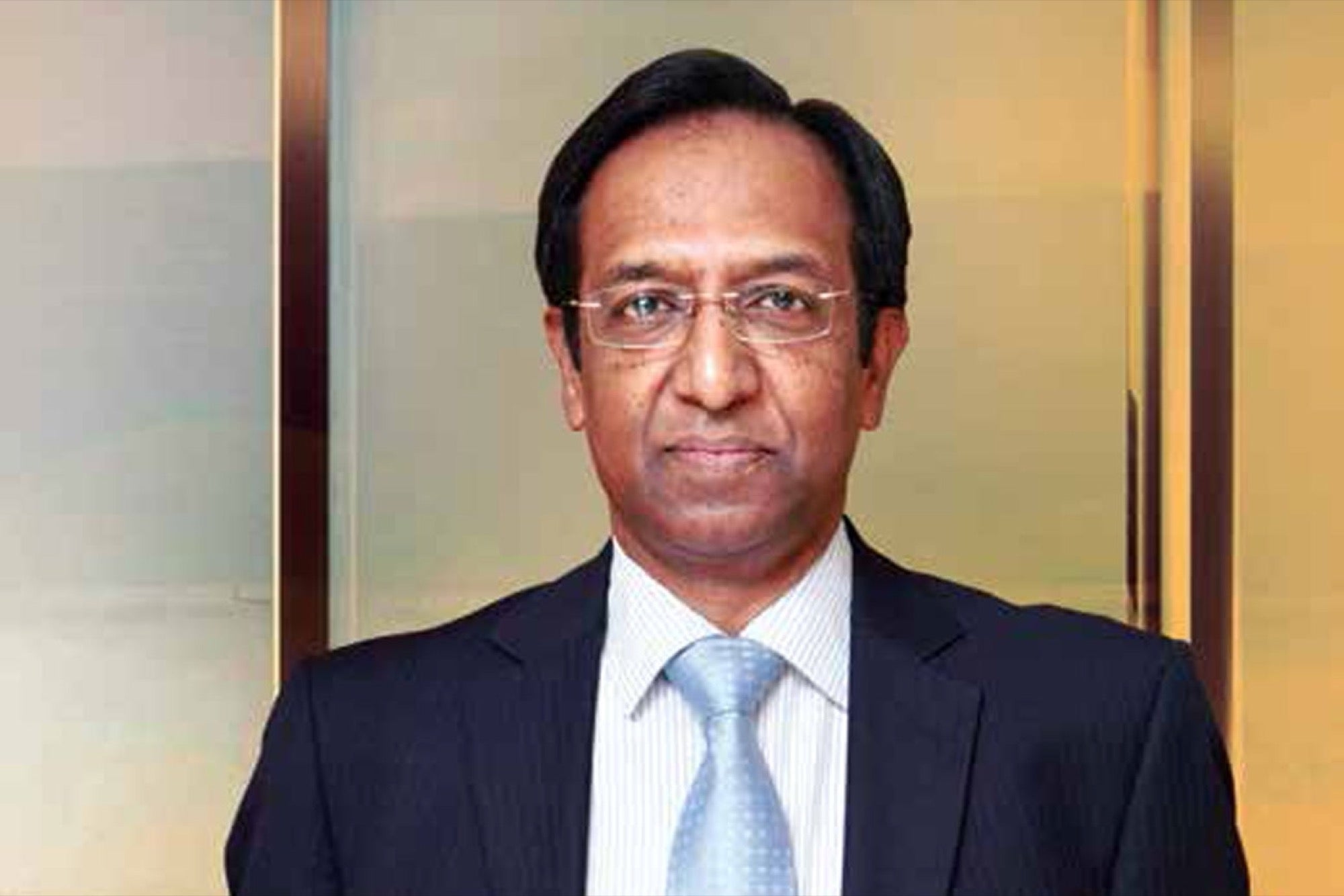Opening SMEs to New Ideas Karur Vysya Bank (KVB) wants to position itself as a niche player in SME funding.
By Ritika Kumar •
Opinions expressed by Entrepreneur contributors are their own.
You're reading Entrepreneur India, an international franchise of Entrepreneur Media.

"Government's "Make In India' project is in right direction to accelerate manufacturing in the country," says K Venkataraman, CEO, Karur Vysya Bank (KVB). The bank wants to position itself as a niche player in SME funding and also modernize the sector with online financing solutions.
What importance does SMEs have for you?
We have prepared product packages for each individual trade. Most of the businesses are dependent on a single person, and if he/she travels, the business stops. We are working on giving comprehensive type of office on a mobile, pad or tab. Even if the proprietor is absent, he/she can stay connected with his enterprise. We are looking at some global models for this and will bring in those practices that suit our SMEs.
When will your digital programs be operational?
It will take around a year. Product packages are already on. We have made around 16 packages. For instance for a manufacturing unit, everything has been included from promoter's savings account to locker to insurance for its employees (life and accident).
Which sectors are on your mind?
Right now, we are focusing on service sector. We want to provide an electronic platform where customers can exchange their experiences and create a market online. We want to position ourselves as a specialist in SME financing. In fact, that was the purpose why the bank was started. Instead of expanding on general banking line, we would want to create this niche. Today in banking sector whether corporate, retail or universal banks, each one of them is focusing on SME financing.
It is because corporate has dried up and retail has become very competitive. We see an opportunity to develop a strong relationship here which will help us in expanding our business at the same time SMEs will have very comfortable dealing. We don't give them too much of financial advice, but if they require, we are there to help. Banks have to orient themselves to customers' need.
How do you think SMEs have evolved in recent years?
They have become more open to ideas. They have been reluctant to be on the electronic platform but we are forcing them to come online for better banking experience. We can help in cleaning up their balance sheets. We observed, especially in south India, many customers are moving towards having ERP solutions, which we can easily integrate with our cash management product and supply chain finance.
We have also made it mandatory to get chartered accountant's certificate to help them with better financial planning. These days they are also opting for external ratings, which help us to provide them with good solutions.
You recently slashed your base rate and BPLR (Benchmark Prime Lending Rate). What has been the reaction?
Not enough for our customers. It is difficult tosatisfy them with interest rates. Actually the baserate doesn't matter as much as the effective interest rate. In other banks, the cost of funding is very low, the base rate may be low but the margin is high. Our interest may be higher compared to large banks but we compete with the quality of service. We focus more on packages, quality of service and ease of operations. Customers' needs are understood and promptly addressed.
How do you plan to attract sluggish sectors like steel and infrastructure?
The issue is that their inventory build-up is high. In fact, many of our customers have reduced their capacity of utilization as movement of stocks is very low; they are selling through dealers. We advise them to not to look for margins as liquidity is important for them. We also suggest them to give incentives to dealers to help the movement of the product and keep production at the minimum level, so that they aren't in loss.
What are your expectations from the coming fiscal year?
I feel the growth will start coming back. The government is aiming for 9 percent. Even if we have 7-8 percent of steady growth and sectors like infrastructure and real estate start moving, SMEs will get a push to produce more. Capital market is highly volatile because of Foreign Institutional Investor (FII) inflows.
Real estate is depressed because the real estate developers are sitting on inventory that they don't want to sell on lower price. That is where the problem lies. If the government can do something about it, nothing like it. Interest rate on house loans should come down, which means the interest in the system should come down.
(This article first appeared in the Indian edition of Entrepreneur magazine (January, 2016 Issue).












